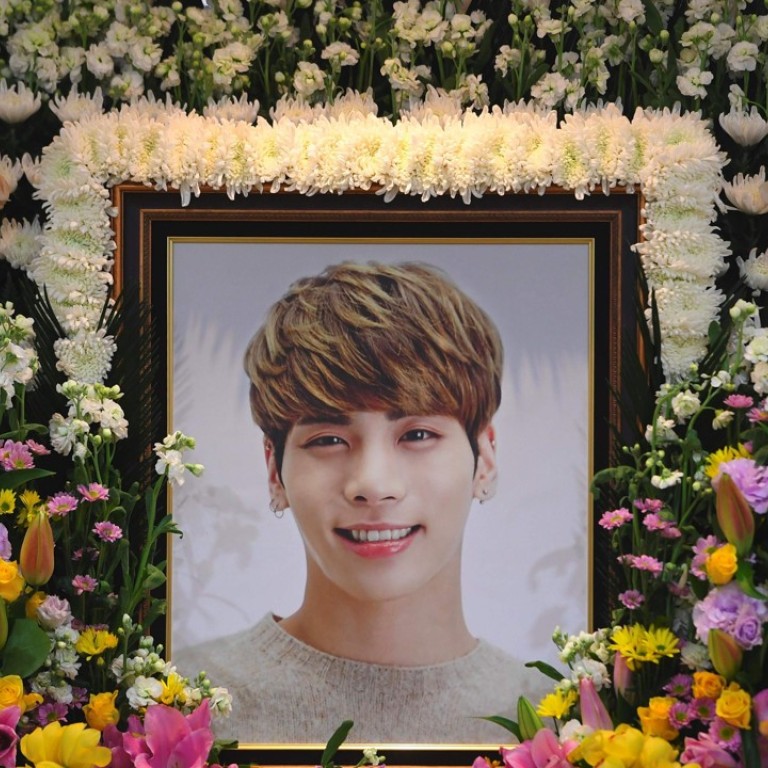
Not copycat suicide fears, celebrity deaths should spark talk about depression and help erase the stigma
It hits close to home, and there is the idea that, if these celebrities who are hugely successful and have access to all the resources to get help are unable to get better, what hope is there for the rest of us? This can increase a sense of hopelessness and helplessness among those who are experiencing these mental health issues.
However, a possible danger of raising the issue of the “contagious effect of suicide” or “copycat suicides” is that this may lead to a fear of reporting these tragedies, which becomes problematic.
‘Suicide contagion’ fears climb following deaths of Anthony Bourdain and Kate Spade
There is a misconception that talking about suicide can plant the idea in someone’s head and influence them to do it. In fact, it is often the opposite. When we engage in open communication with people battling mental health issues and ask difficult, possibly uncomfortable, questions about how they are feeling, we let them know that we care and are here to listen to and support them. This is likely to help them feel less alone.
Watch: Colouring outside the lines of depression
Death of Ellen Loo highlights need to open up about mental illness and seek help
Moreover, once we have an indication of how they are feeling, we can assess how best to help them, and encourage them to seek therapy. If there is a fear of talking about depression and suicide, we risk increasing the stigma attached to mental health issues, and often the sufferer feels even more alone, hopeless and helpless.
Indeed, we need to encourage more discussion about mental health issues, in order to work on destigmatising and normalising these experiences, as well as to promote awareness and education.
Trina Chan, Los Angeles
If you or someone you know are having suicidal thoughts, help is available. For Hong Kong, dial +852 2896 0000 for The Samaritans or +852 2382 0000 for Suicide Prevention Services. In the US, call The National Suicide Prevention Lifeline on +1 800 273 8255. For a list of other nations’ helplines, see this page

